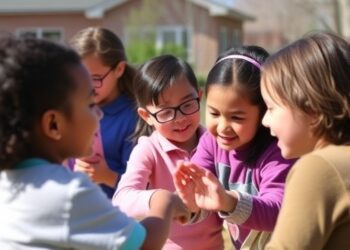What happens when environmental scientists and higher music education teachers and students explore together how music can promote sustainability?
What happens when environmental scientists and higher music education teachers and students explore together how music can promote sustainability?
The ArsADAPT project integrated music education with ecological themes through interdisciplinary collaboration between the arts and natural sciences. The researchers from the University of the Arts Helsinki aimed to understand the impact of this initiative on two lecturers and on professor who participated in the project. They shared their experiences in designing and implementing the “Artists for a Sustainable Future” course, which was part of the ArsADAPT project funded by Jenny and Antti Wihuri Foundation.
The role of music in deepening ecological crises
According to the researchers, musicians and music education professionals can no longer remain outside global discussions on education for sustainability and the fight against deepening ecological crises. Music is still often seen as a neutral and autonomous phenomenon, without a strong connection to societal issues. Efforts by musicians to promote social or other external purposes for music can be seen as instrumentalizing music. Art-science collaboration is one example of practices that have been claimed to instrumentalize the arts.
Reflections from higher music education teachers described in the research article indicate that expanding professional understanding beyond the technical proficiency of music-making is necessary. It introduces essential tensions and paradoxes, allowing for liberation from narrow conceptions of the musician’s profession.
Key findings
The ArsADAPT project facilitated new interactions between higher music education and ecological sustainability. The professional reflections of three higher music education teachers highlighted the need to embrace multiple areas of expertise, tolerate tensions and uncertainties, and reconcile conflicting professional expectations.
Teachers emphasized avoiding the instrumentalization of music. They prioritized artistic values over serving scientific communication through entertaining performances.
Mutual change was observed among participants in the art-science collaboration, interpreted through the concept of aesthetic disruption. This method breaks consensus and underlying assumptions, revealing gaps between people’s actions and feelings. Instead of expecting immediate impacts based on externally defined goals, such as presenting scientific evidence through an entertaining music performance, this approach can change mental models and encourage reflection on ecological issues in a way that does not aim for consensus.
Teachers reported that ArsADAPT enabled them to shift from a neutral stance to active engagement in socio-ecological issues. While cautious of crossing into activism, they favored community engagement and inclusive practices in higher education context.
ArsADAPT provided a framework for students to explore new professional territories, address complex ecological issues, and develop artistic autonomy. The project emphasized the importance of long-term contributions over immediate impact, supporting ongoing interdisciplinary collaborations and educational processes that challenge conventional mental models in music education.
Integrated approach to sustainability
According to the researchers, the ArsADAPT project demonstrates that addressing contemporary ecological challenges in music higher education requires a radical change in mindsets. By embracing aesthetic disruption and avoiding the instrumentalization of music, music higher education can promote an integrated approach to sustainability.
“The continued work stemming from ArsADAPT underscores the potential for arts-science integration to expand professional boundaries and contribute to a new ecological ontology in music education,” the researchers write.
Method of Research
Case study
Subject of Research
People
Article Title
Towards the ‘swampy lowlands’ of professional practice: Higher music education teachers reflecting on arts-science integration in the Artists for a Sustainable Future course
Article Publication Date
30-May-2024




